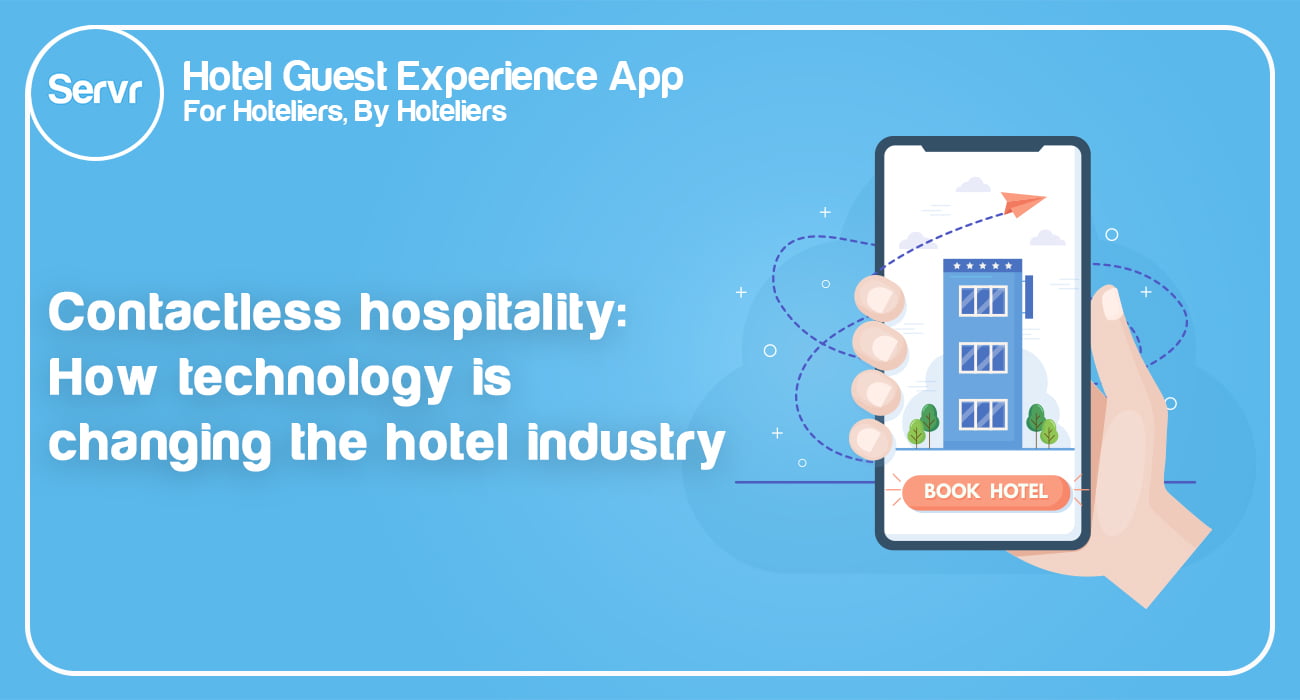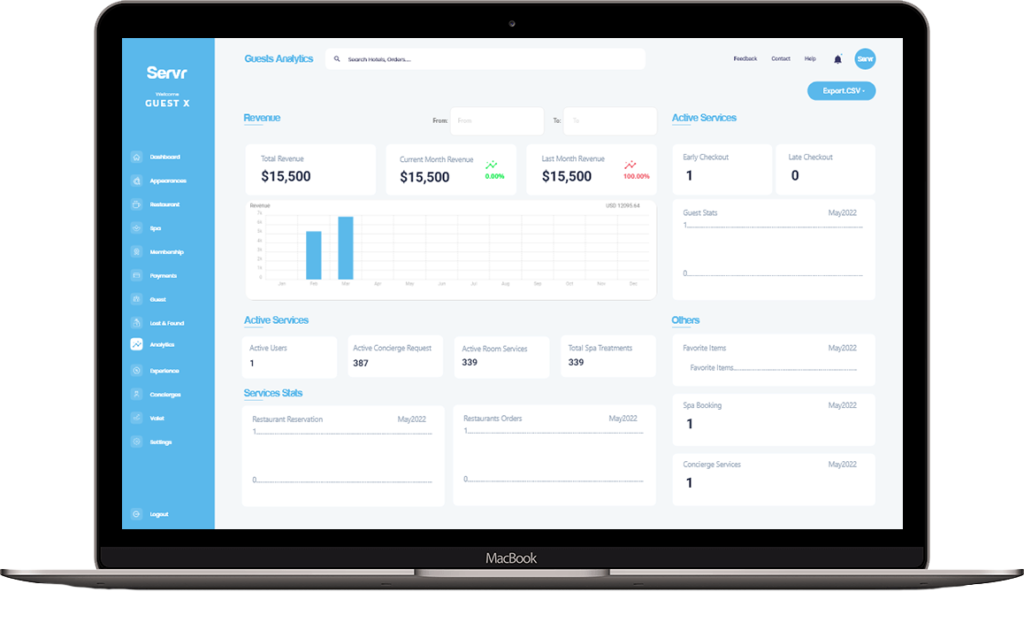
In the wake of the COVID-19 pandemic, contactless technology has become a buzzword. Hospitality industries had to adapt to the changing reality and embrace contactless technologies.
The adoption of new-generation technology has accelerated, and contactless hospitality has now become the norm. Currently, HORECA companies use contactless solutions to ensure a safe and contamination-free guest experience
In this blog post, we will explore some of the most prominent examples of digitalized hospitality and discuss the specifics of contactless hospitality. Keep reading to learn more!
Contactless guest experience: what is it?
hospitality services that utilize contactless technology eliminate human contact completely or reduce it to a bare minimum.
Contactless technology can be particularly helpful during the pandemic when face-to-face communication reduces the risk of contracting a virus.
70% of millennials prefer a contactless hotel experience, according to surveys. Generation Z customers prefer it even more. As we know it, technology is set to become an inseparable part of modern hotel amenities and is changing the world of hospitality as we know it.
Benefits of contactless guest experience
contactless technology is rapidly being adopted by the hospitality industry. What are the benefits of a contactless guest experience for companies and customers, and how can it enhance hotel services?
Let’s take a look at what technology is doing to the hotel industry.
1. Safety
Using contactless hospitality services, travelers around the world can enjoy their experiences with less anxiety due to the current pandemic. Contamination risks are significantly reduced when all interactions are handled via an app, or voice-activated solution.
The quality of services is not compromised by increased safety. On the other hand, hotel personnel are less at risk of contracting a virus from visitors.
2. Automated workflow
In addition to being healthier, contactless technology eliminates human error by processing documents, credit card information, registrations, etc. By automating routines that require the work of multiple employees, these programs streamline and streamline the process.
3. Integrated analytics
Companies that use contactless digital solutions can also benefit from analytical insights. As the customer stays in the hotel, digital hospitality tools collect data about the customer, from booking accommodations to leaving testimonials.
4. Personalized services
Using contactless hospitality solutions, hoteliers can cater to guests’ individual tastes by using their personal data. Personalized services are a major selling point in a post-industrial society, as they help elevate customer experience to a whole new level.
5. Competitive advantage
Hotel digitization is imminent, and companies that implement contactless hotel technology will have a distinct competitive advantage.
In a 2020 survey conducted by Criton, most of the customers preferred digitized experiences over traditional hotel services. More specifically, 62% of respondents said they preferred a digitized check-in, 80% said they would conduct all operations related to their stay via an app, and 47% said they would request room services more eagerly if they could do it with contactless technology.
A growing number of young travelers and travelers experiencing pandemic anxiety will increase the demand for digital hospitality solutions, and its early adopters will gain a competitive edge.
Use cases for contactless hospitality
There is nothing entirely new about contactless hospitality. As part of digital concierge software, contactless bookings, payments, and automated in-room services have been available since 2014.
Now let’s explore existing hospitality solutions.
1. Digital concierge apps
Hotel digital concierge is an all-inclusive platform that integrates all hotel services – from check-ins to contactless payments – and lets guests manage their stay themselves.
These apps provide personalized services and offer 24/7 support, as well as boost the efficiency of hotel operations.
2. Automated accommodation
Hotel check-in can be accomplished without any human interaction, and even without touching any hotel surfaces. Many hotels around the world offer contactless check-in using technologies such as NFC, face, and voice recognition.
3. Contactless payments
In the hospitality industry, contactless payment technology allows guests to pay for services in a safe and hygienic manner without having to deal with payment terminals manually.
Credit card payments can be processed through contactless terminals. Mobile devices, such as smartphones, watches, and wristbands, can also be used to pay
Final thoughts
Beyond the negative impact, the COVID-19 crisis forced companies to rethink their business models and adopt new technologies. contactless hospitality is the name of the game in a post-pandemic world, and early adopters will surely be favored.




